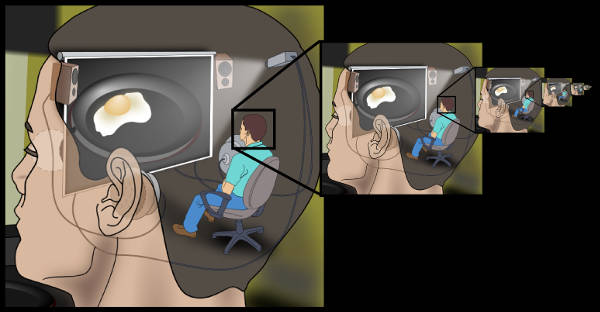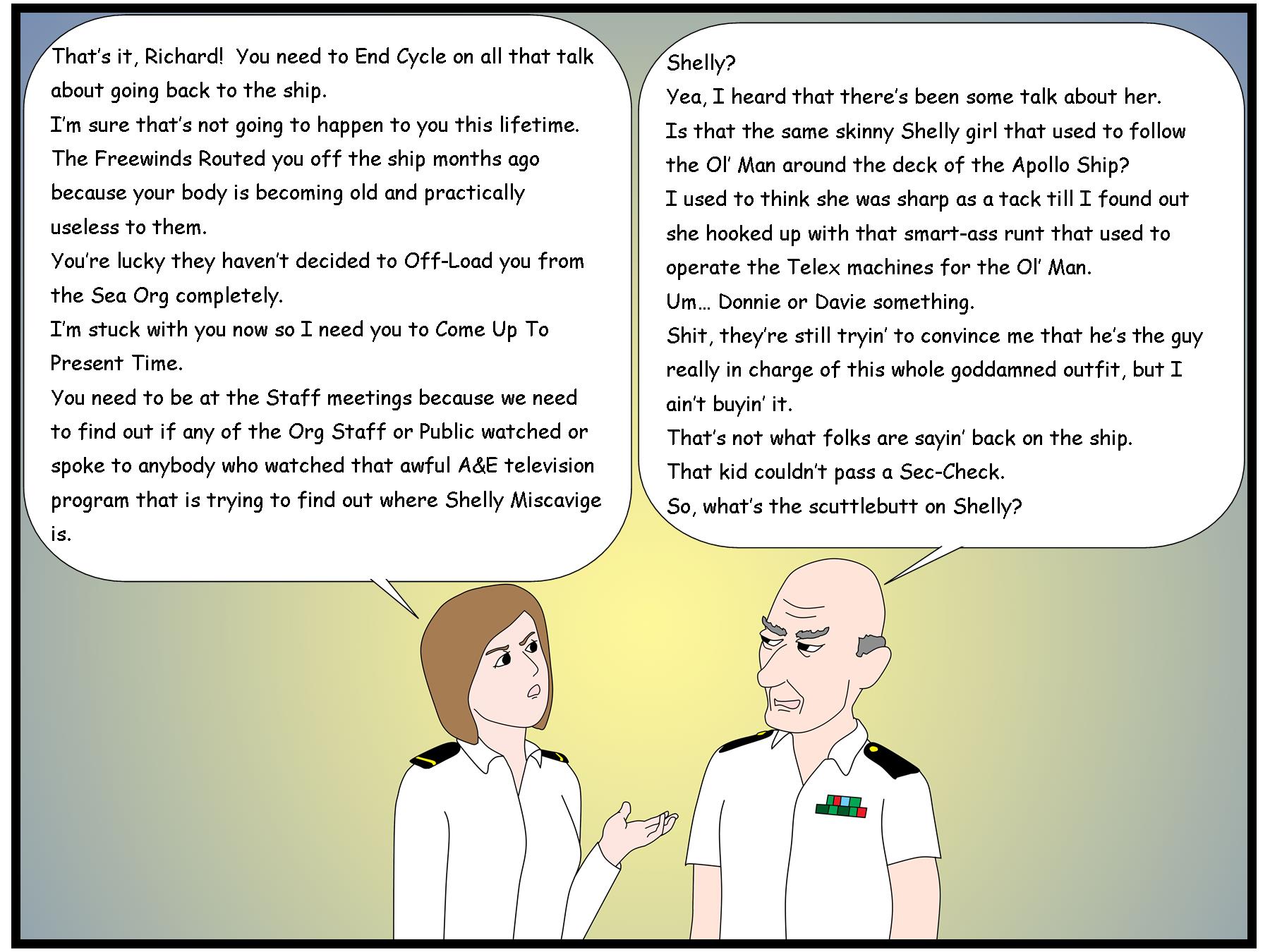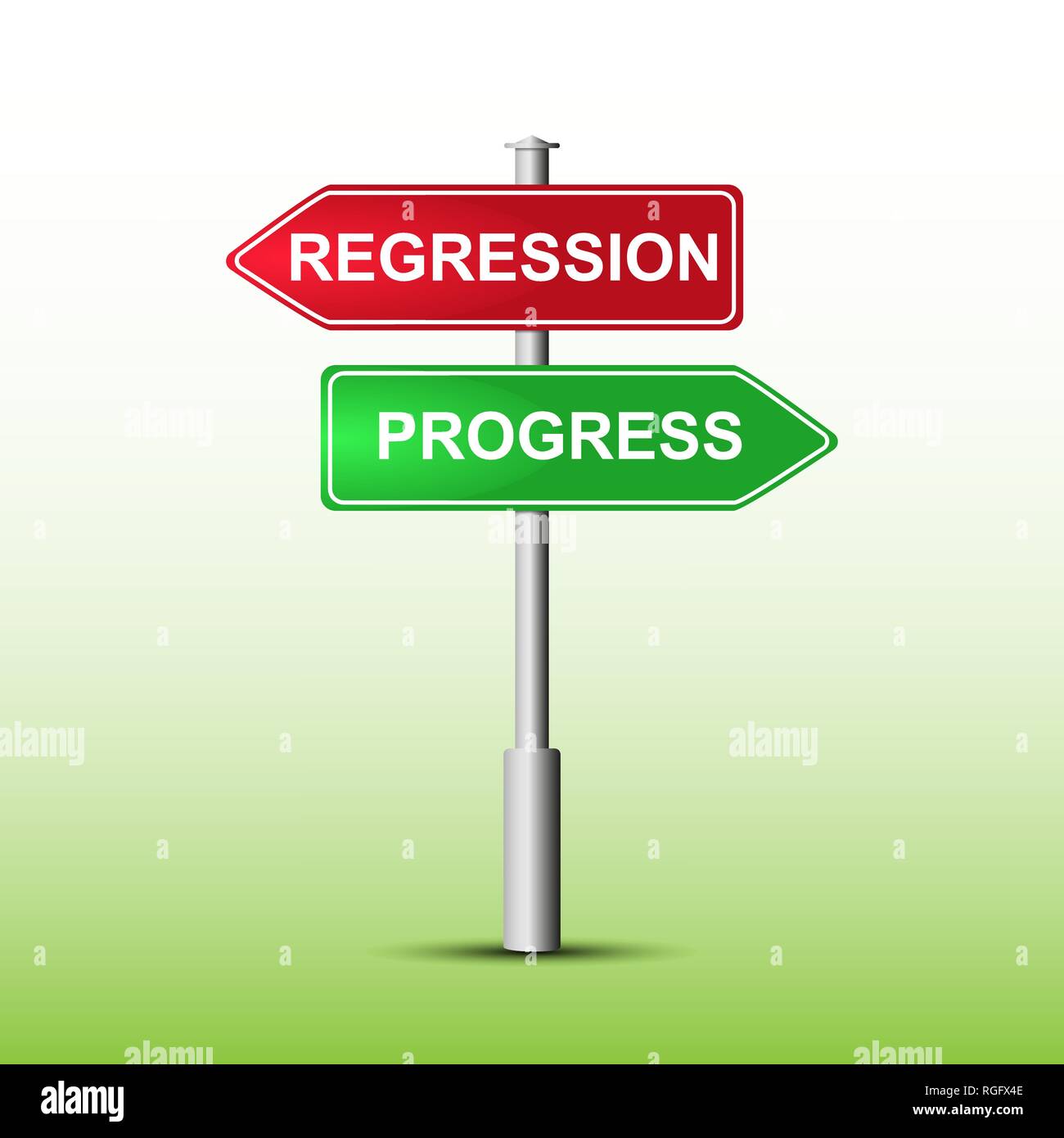

In these circumstances, DeBlasio notes that it’s important to not make a big deal of the regression or make the child feel bad in any way. “For example, if a child is regressing because of a new sibling, spend individual time with the child and make him or her a part of the new baby’s routine.” “Deal with the underlying issue when your child regresses,” says DeBlasio. Get to the root of the problemĪs with all things in life, figuring out the root cause is key to tackling the problem when it comes to potty training regression. If your child has been having accidents more often than you’d like, there are a number of ways to help get them back on the potty. What you can do to get your child back on track “If you suspect the regression could be a result of an illness or other medical problem, always get your child checked out by their doctor,” says Jandu. In some cases, potty training regression can be due to an underlying medical condition. “Children can perceive having accidents as a way to get extra attention from the adults in their life, which, in turn, brings comfort to their stress,” she says. Jandu also notes that, while some changes are obvious, the stress can occasionally stem from something seemingly so insignificant to parents - such as rearranging their bedroom or changing the route you normally take to school - that the real reason behind the regression is never discovered. “Regressions can happen when something in a child’s life causes them emotional stress,” says Allison Jandu, a potty training consultant and author of “The Poop Puzzle: What to Do If Your Child Will Not Poop on the Potty.” “Moving to a new home, changing schools, divorce, a new sibling can all cause a child to regress.” Change in routine or traumatic eventĪnother cause for toddler potty training regression is a sudden change in routine or the experience of a traumatic event.



In addition to the verbal and physical skills needed to use the bathroom, “the emotional urge toward independence and self-mastery” is a must. In other words, your child is using the potty because they want to, not because mom and dad do a happy dance or give them a few stickers.Īccording to the American Academy of Pediatrics, being emotionally - not just physically - ready for potty training is key. “The key to a child being successfully potty trained is that the child is self-motivated, not parent-motivated,” he says. But, depending on the child, the novelty wears off in time and making it to the potty becomes less of a priority. The reason kids often start out strong with toilet training, according to DeBlasio, is because it’s something new and exciting, and they’re eager to please their parents. Usually the underlying reason for the potty regression is the parents were ready for the child to be potty trained, not the child.” “After weeks or even months of doing well, kids slowly lose interest in the potty and start having accidents again. “I see it in my practice all the time,” DeBlasio says. Nick DeBlasio, medical director of the Pediatric Primary Care Center at Cincinnati Children’s Hospital Medical Center, the most common reason for potty training regression is a child being trained too early. Why does potty training regression happen? The child isn’t readyĪccording to Dr. Here are expert (and veteran mom!) tips for dealing with toddler potty training regression. Relax, it’s potty training regression, and while it’s frustrating, it’s usually short-lived and easy to steer back on track. But what happens when they start having accidents more often than not? So once your child ditches the diapers, of course it’s cause for celebration. Regardless of how you go about it, toilet training rarely plays out without wet floors, dirty undies and a few stubborn standoffs. Ask any veteran parent, and they’ll tell you: Potty training is no easy task.


 0 kommentar(er)
0 kommentar(er)
